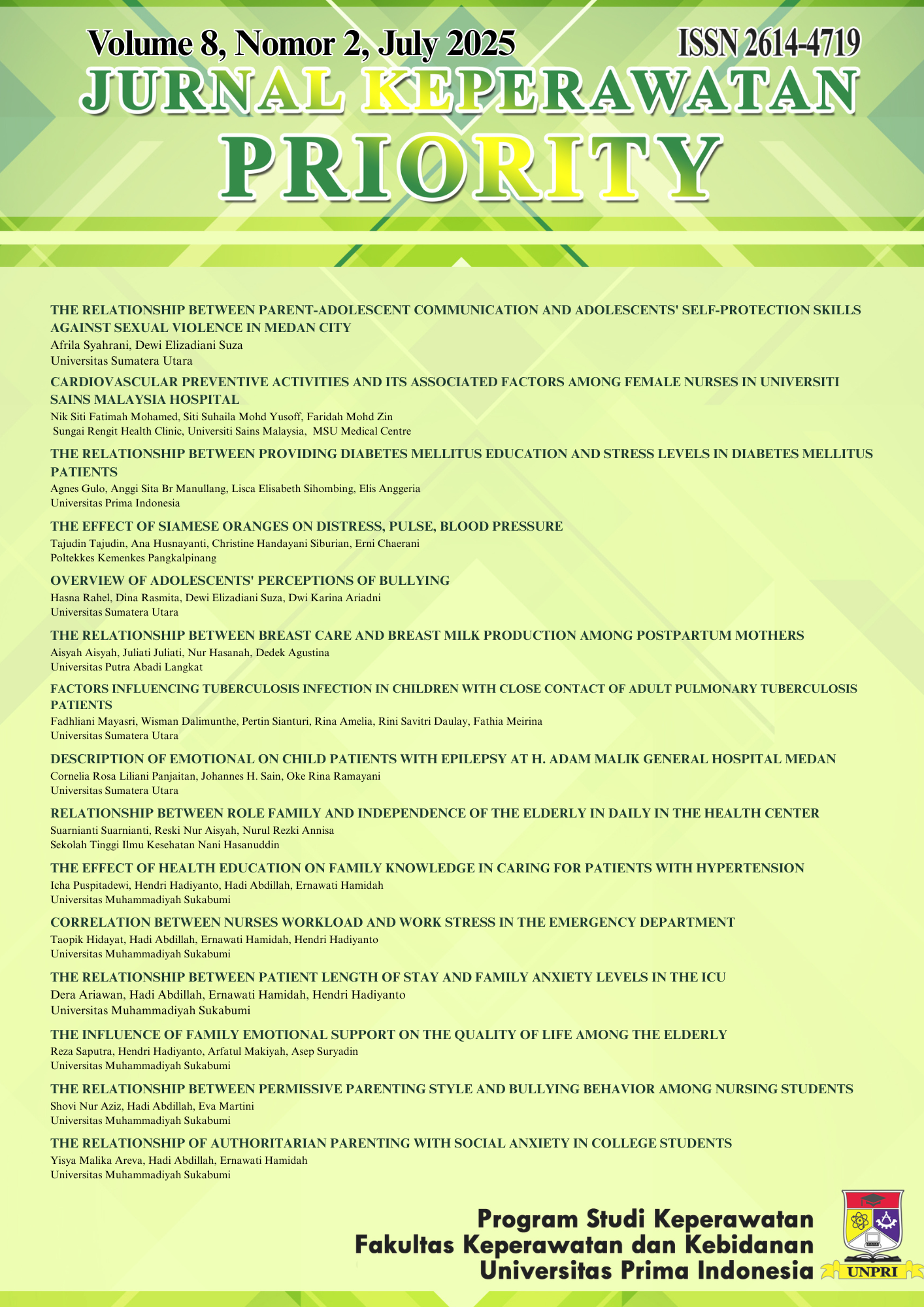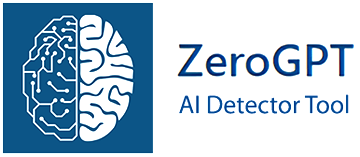Description of Emotional on Child Patients with Epilepsy at H. Adam Malik General Hospital Medan
DOI:
https://doi.org/10.34012/jukep.v8i2.6345Keywords:
child, epilepsy, sleep disordersAbstract
Epilepsy in children has the potential to have a significant negative impact on cognitive function, with a high risk of attention deficits and impaired executive function. Quality of life has been associated with cognitive performance, especially in verbal memory, which is one of the domains most sensitive to the negative effects of epilepsy. The purpose of this research is to know connection quality Sleep with emotional on pediatric patients with epilepsy. This study is an observational analytical study conducted at Haji Adam Malik General Hospital, Medan from August 2024 to September 2024. Calculation big sample use formula big non-experimental correlative sample based on previous studies, which produced a minimum sample size of 25 samples. The collected data was processed and analyzed univariately to describe the characteristics of the research respondents. The results showed that the subjects of the study were 6 (20.0%) children and 24 (80.0%) adolescents. Male gender 17 (68.0%) and female 8 (32.0%). Toddler age 5 (20.0%), childhood 16 (64.0), and early adolescence 4 (16.0%). Disturbed sleep quality 15 (60.0%) and undisturbed sleep quality 10 (40.0 %). Emotional disturbance 21 (84.0%) and sleep behaviour 4 (16.0%). Mean sleep duration 7.54 hours, minimum 6 hours, and maximum 10 hours. concluded that, the prevalence of sleep disorders in children with epilepsy at RSUP H. Adam Malik Medan was male 17 (68.0%), duration sleep has an average of 7.54 hours, sleep quality was disturbed there were 15 (60.0%), and disturbances emotional was disturbed by 21 (84.0%).
Downloads
Published
How to Cite
Issue
Section
License
Copyright (c) 2025 Cornelia Rosa Liliani Panjaitan, Johannes H. Sain, Oke Rina Ramayani

This work is licensed under a Creative Commons Attribution 4.0 International License.
Authors who publish their manuscripts through the Journal of Keperawatan Priority agree to the following:
- Copyright to the manuscripts of scientific papers in this Journal is held by the author.
- The author surrenders the rights when first publishing the manuscript of his scientific work and simultaneously the author grants permission / license by referring to the Creative Commons Attribution 4.0 International License to other parties to distribute his scientific work while still giving credit to the author and the Journal of Journal Keperawatan Priority as the first publication medium for the work.
- Matters relating to the non-exclusivity of the distribution of the Journal that publishes the author's scientific work can be agreed separately (for example: requests to place the work in the library of an institution or publish it as a book) with the author as one of the parties to the agreement and with credit to sJournal ofJournal Keperawatan Priority as the first publication medium for the work in question.
- Authors can and are expected to publish their work online (e.g. in a Repository or on their Organization's/Institution's website) before and during the manuscript submission process, as such efforts can increase citation exchange earlier and with a wider scope.


















